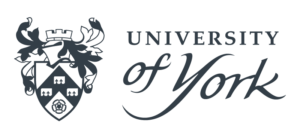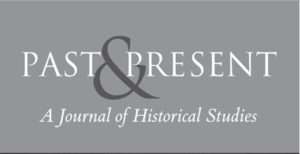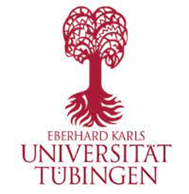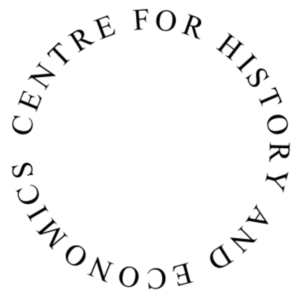| 9 Dec 2022 - 10 Dec 2022 | All day | Room SG1, Alison Richard Building, 7 West Road, Cambridge | |
- Description
- Programme
Description
Convenors
- Lorenzo Bondioli (University of Cambridge)
- Michele Campopiano (University of York)
- Paolo Tedesco (University of Tübingen)
Speakers
-
Rebecca Darley (University of Leeds)
-
Chhaya Goswami (University of Mumbai),
- Nicholas Matheou (University of Edinburgh)
-
Khodadad Rezakhani (Leiden University)
-
Natasha Issa Shivji (University of Cambridge)
-
Meera Visvanathan (Shiv Nadar University Uttar Pradesh)
- Deresse Ayenachew Woldetsadik (Debre Berhan University)
Summary
This workshop seeks to re-launch the concept of Mode of Production as a heuristic tool assisting us in addressing a central epistemological problem of the historical discipline: how are we to approach past societies in their immensely varied historical specificity, and how are we to address the relations they entertained with each other? The debate on Modes of Production contributed to redefining the methodology of social and economic history since the late nineteenth century, and in spite of its biases and shortcomings, was key to the framing of pioneering global-historical and comparative approaches, from Samir Amin’s unequal development, to Immanuel Wallerstein’s world-system analysis, Eric Wolf’s Europe and the People without History, and John Haldon’s The State and the Tributary Mode of Production.
The welcome flourishing of global narratives de-centring Europe and disputing many tenets of an old Eurocentric narrative of globalisation, makes the old challenge even more daunting. Historians are thus called to draw meaningful connections between profoundly different societies; at the same time, the cultural turn has to some extent limited the tools to carry out this endeavour, driving attention away from socio-economic questions. As a result, research on global connectedness has so far mostly focused on intercultural exchange, resulting in an often rarefied and depoliticized narrative of “encounter.” The case for interconnectedness across pre-modern Afro-Eurasia thus remains gravely weakened by our limited understanding of the socio-political and socio-economic structures of the societies among which exchange took place.
If creatively redeployed, Mode of Production can help us overcome this obstacle. As a heuristic category, it emphasises how societies mobilised social labour and draws attention at one and the same time to the human relations to the natural environment, the social relations of humans to humans, and the institutional structures of state and society that guide these relations. Thus, Modes of Production is a lens allowing us to emphasise how past societies need to be understood both in their own right and in their reciprocal connections, similarities, and dissimilarities. To this end, the workshop will offer a wide selection of case studies outlining key socio-economic-political structures of societies across Afro-Eurasia beyond Western Europe and before the inception of European capitalist and colonial hegemony.
Supported by:




![]()

Please contact us for specific accessibility needs, and we will do our best to accommodate any requests.
Programme
| 9 December | |
| 9:30 | Registration |
| 10:00 | Welcome and introduction Michele Campopiano (University of York) |
| 10:45 | Break |
| 11:00 | Session 1 Paolo Tedesco (University of Tübingen) Lorenzo Bondioli (University of Cambridge) Nicholas Matheou (University of Edinburgh) |
| 12:30 | Break |
| 14:00 | Session 2 Khodadad Rezakhani (Leiden University) Meera Visvanathan (Shiv Nadar University Uttar Pradesh) Rebecca Darley (University of Leeds)
|
| 15:30 | Break |
| 16:00 | Session 3 Deresse Ayenachew Woldetsadik (Debre Berhan University)
‘The landowner peasant and a kingdom on his shoulder in Ethiopia.’ Natasha Issa Shivji (University of Cambridge) ‘Modes of production: the East African perspective.’ Chhaya Goswami (University of Mumbai) ‘Merchants and pirates of the Gulf of Kachchh: coerces of entrepreneurial economic processes and power relations.’
|
| 10 December | |
| 10:00 | Round Table
|
| 12:30 | Break |



